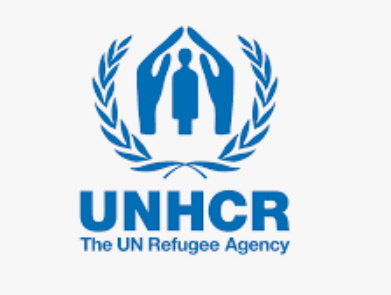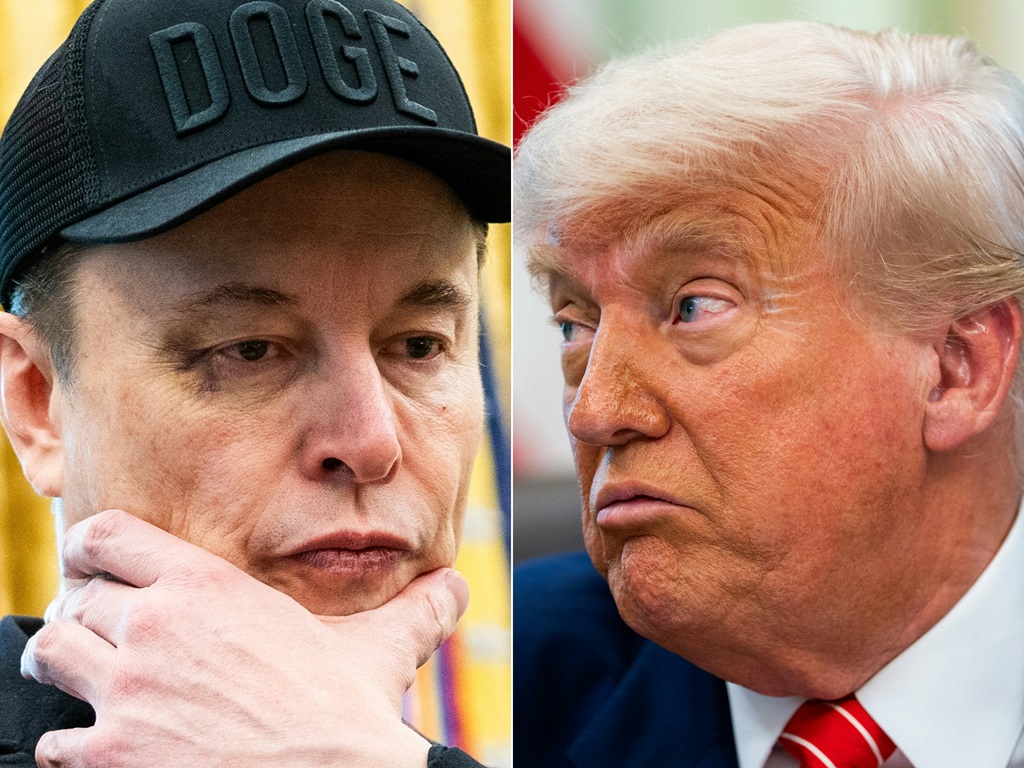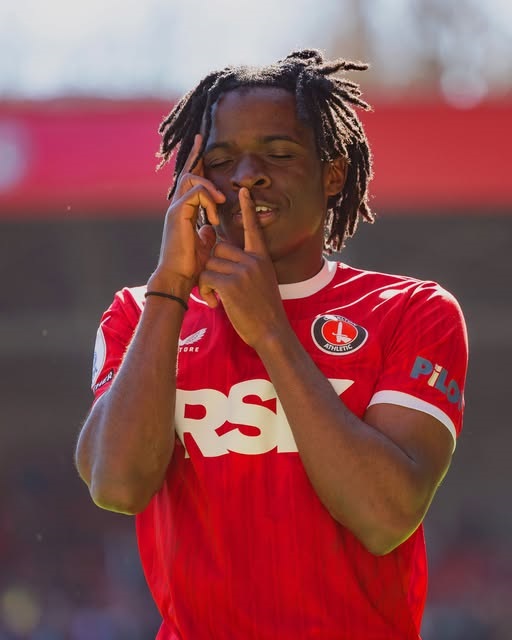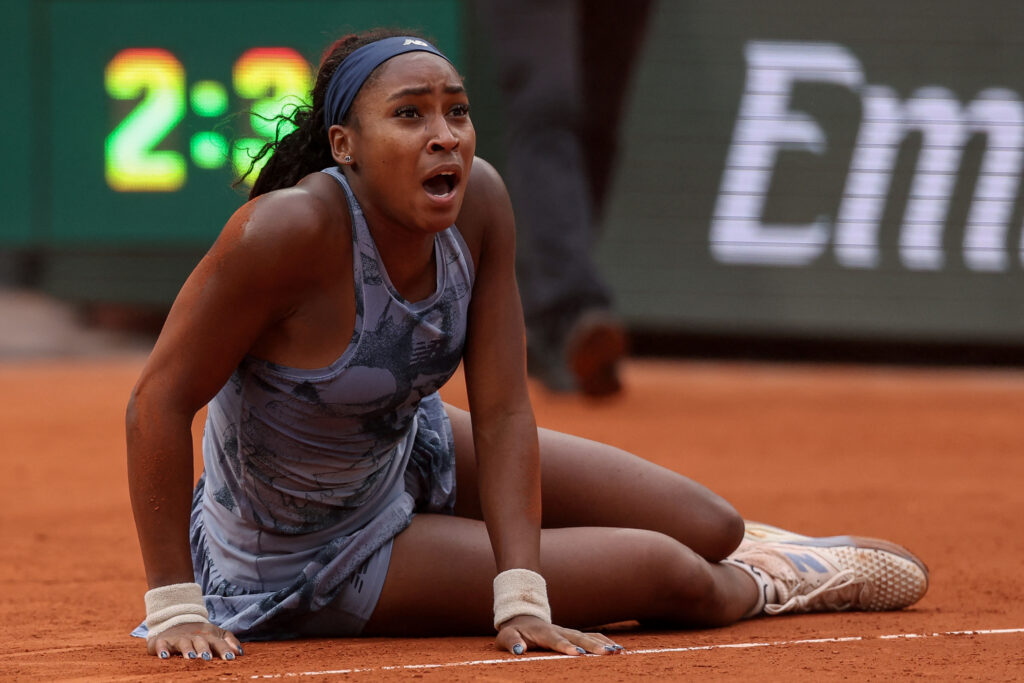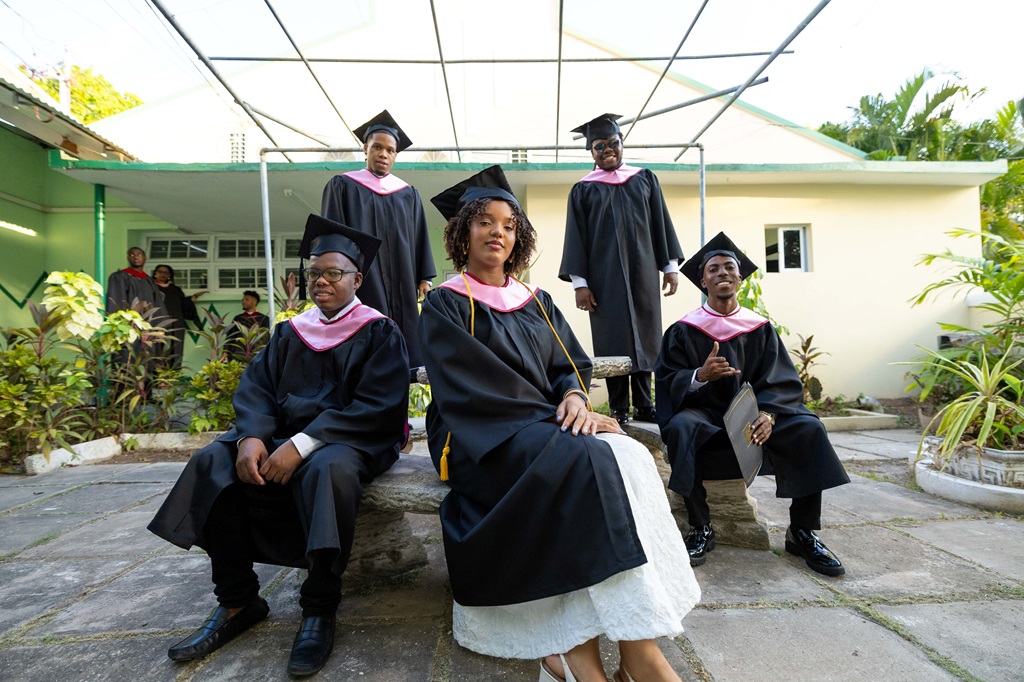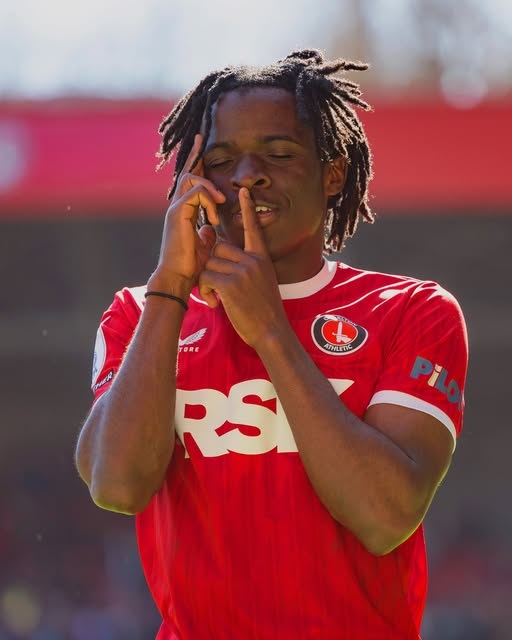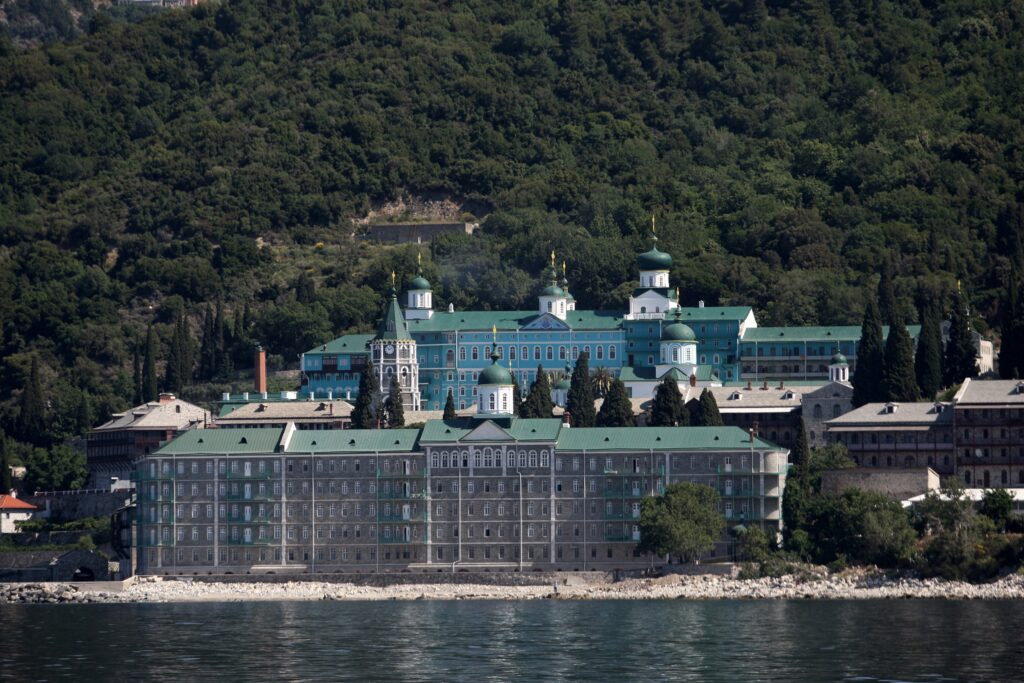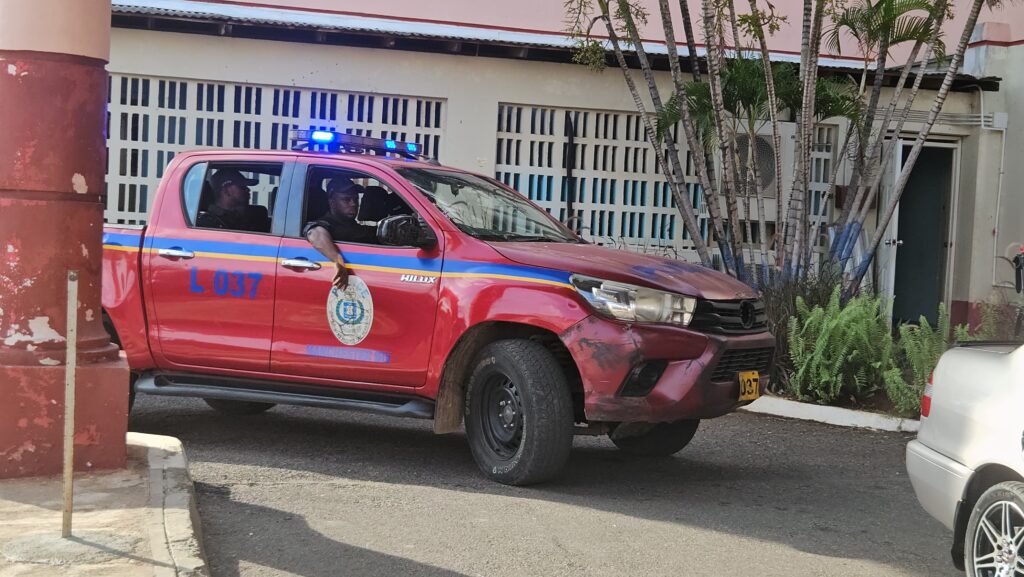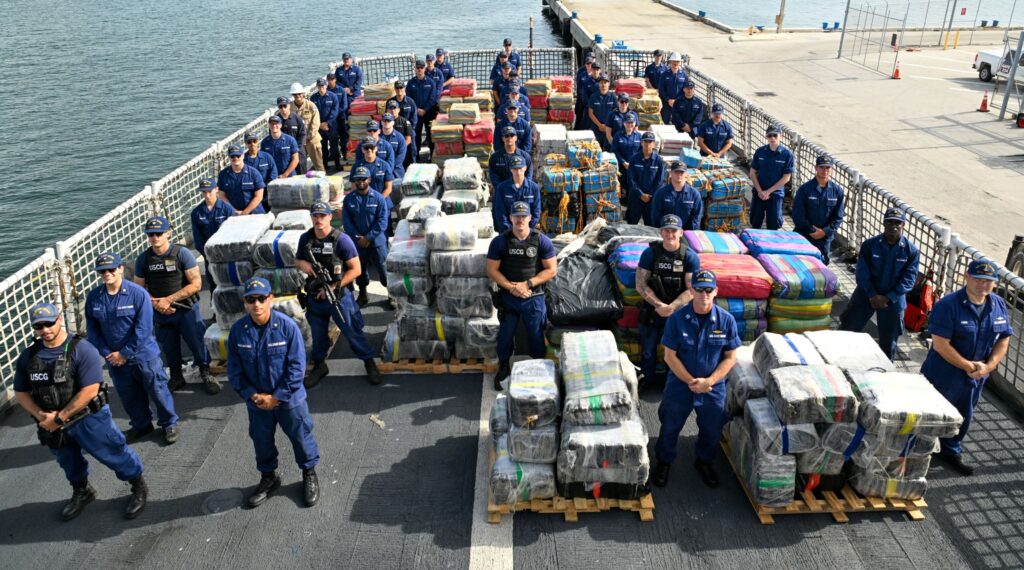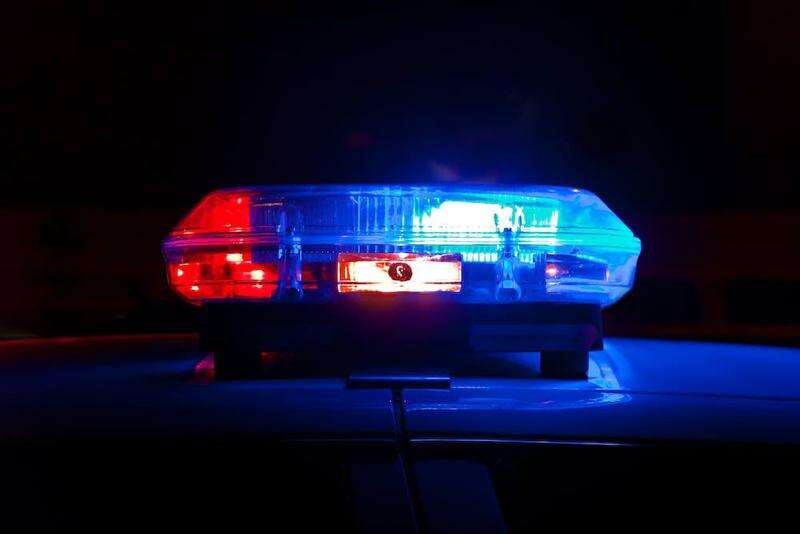Fidel Castro (right) during his 1977 visit to Jamaica with then Prime Minister Michael Manley. In 1975, Manley made headlines by visiting Cuba for five days.
June 7 marks the 50th year since the first Cricket World Cup was held in the United Kingdom. The three-week tournament, won by the West Indies, launched the one-day game to heights similar to the current T20 craze.
The victory also set the Clive Lloyd-led West Indies on a path to sustained glory in the Test and limited-overs formats, with young turks like Vivian Richards, Gordon Greenidge and Alvin Kallicharran destined for greatness.
In the final at Lord’s, West Indies defeated favourites Australia by 17 runs. After winning the toss, the Aussies inserted the West Indies which scored a formidable 291 for eight in 60 overs, with Lloyd scoring 102 and Rohan Kanhai, 55.
Australia were dismissed for 274, topscorer being captain Ian Chappell with 62. Richards, batting at number six, made only five but was outstanding in the field, running out three batsmen.
Four years later, the West Indies retained the World Cup with victory over England, but were denied the hat-trick when they were beaten in the final by India, captained by Kapil Dev.
Clive Lloyd (left) and Gordon Greenidge.
A major cricket fan, Jamaican prime minister Michael Manley revelled in the success of the West Indies victory, but three weeks after their Lord’s triumph, he made headlines by visiting Cuba for five days.
The previous year, Manley shocked moderates in Jamaica by declaring Democratic Socialism as his administration’s mantra. Coming at the height of Cold War tension between the United States and Russia, his trip to Jamaica’s Communist neighbour did not please the US government in Washington.
Manley received a hero’s welcome in Havana, the Cuban capital, with president Fidel Castro embracing him at Havana Airport. During his official visit, the prime minister signed two agreements — one on cultural exchange and the other establishing economic, scientific and technical cooperation.
With his Cuba sojourn, Manley lived up to the promise he made en route to victory in the 1972 general election. That of forging ties with countries in the Non-Aligned Movement which included Cuba.
Through the agreement with Cuba, there were groundbreaking exchanges in various sectors, most notably medical. Cuban doctors shared their expertise in Jamaican hospitals, while many Jamaicans studied medicine in Cuba.
In 1976, a defiant Manley gave a speech in Kingston, blasting the US government for its criticism of his administration’s relationship with Cuba.
“As long as this party is in power, we intend to walk through the world on our feet and not on our knees,” he said.
There was no divisiveness around the Equal Pay For Men And Women Act which passed in parliament in December 1975. It was the latest in a series of transformative policies by Manley to ensure a level social playing field.
The Act, in part, deemed that as of January 1 1976, “No employer shall by failing to pay for equal work, discriminate between male and female employees employed by him in the same establishment in Jamaica.”
Another of its tenets stated that, “Failure to comply with the above provisions shall expose the employer, on conviction in a Resident Magistrate’s Court in respect of each offence.”
The Equal Pay For Men And Women Act is considered one of the most progressive legislations in modern Jamaica.
Dennis Brown
Political tension at home and global conflict played significant roles in reggae 50 years ago. Many of the protest songs came out of Channel One, a recording studio located at fractious Maxfield Avenue in Kingston.
Backed by house band, The Revolutionaries, artistes such as The Mighty Diamonds (The Right Time, I Need A Roof), The Wailing Souls (Things And Time, Jah Jah Give Us Life), and The Meditations (Woman Is Like A Shadow) provided songs that were a soundtrack for the time.
Island Records released two outstanding albums in 1975. Live! by Bob Marley and The Wailers, captured the leader of the roots-reggae revolution in concert at London’s Lyceum Theatre. The other was Marcus Garvey, Burning Spear’s powerful tribute to the Pan African giant who is Jamaica’s first national hero.
The hottest artiste in Jamaica was 19 year-old Dennis Brown, with songs like Some Like It Hot and So Long Rastafari, produced by Niney Holness. Rock With Me Baby by Johnny Clarke, Tenement Yard (Jacob Miller and Inner Circle) and Hooray Festival by Roman Stewart which won the Festival Song Competition, were also popular.
There was a finger-licking development in Jamaica in June 1975, when Kentucky Fried Chicken opened its first store at Hope Road in Kingston. The Myers family were local franchise holders of the mega successful fast food store that was launched 45 years earlier by Colonel Harland Sanders in the United States.
What is now known as KFC was initially a hit with the middle-class, but its appeal eventually spread. The Myers family, through their Restaurants of Jamaica, are still holders of the franchise which has 41 outlets islandwide.
Kingston College celebrated its 50th anniversary in 1975. The North Street School won Boys Championships that year, as well as the football triple — Manning Cup, Walker Cup and Olivier Shield.
Coached by George Thompson, the football team had outstanding players in defender Douglas Bell, strikers Noel Rhudd, Dave “Pompey” Brown and Ballie Reid, and midfielder Joseph McKinson.

